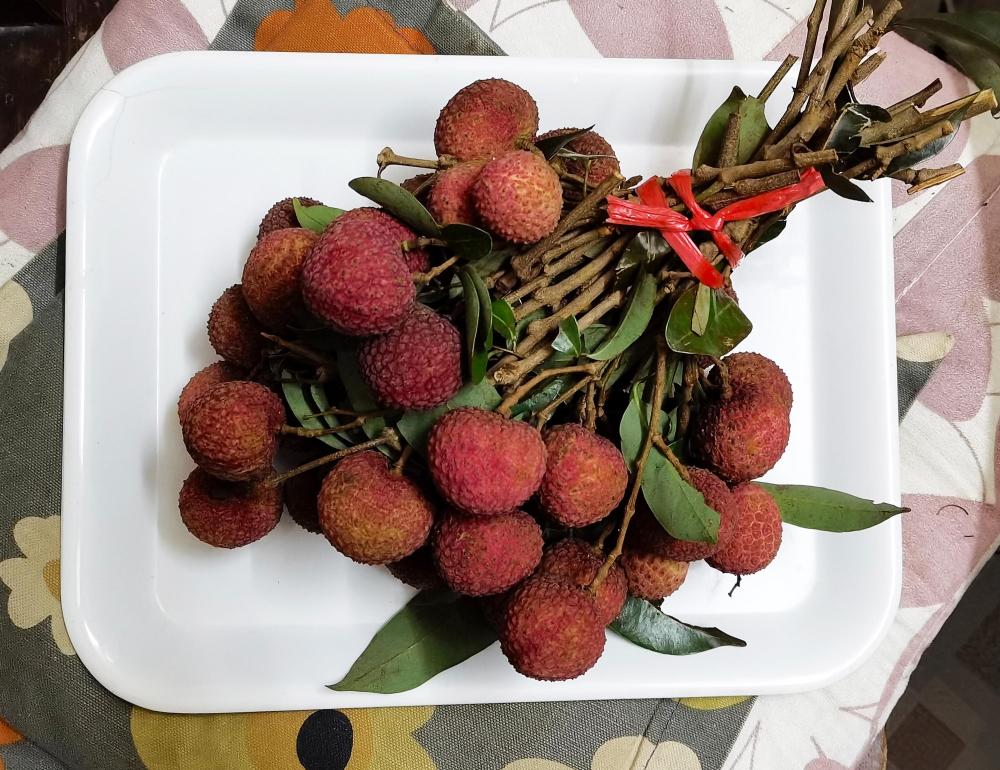-
Welcome to the eG Forums, a service of the eGullet Society for Culinary Arts & Letters. The Society is a 501(c)3 not-for-profit organization dedicated to the advancement of the culinary arts. These advertising-free forums are provided free of charge through donations from Society members. Anyone may read the forums, but to post you must create a free account.
Edit History
-
Similar Content
-
Lychee Love
By liuzhou,
- 9 replies
- 4,254 views
-
"Good Things: Recipes and Rituals to Share with the People You Love" by Samin Nosrat
By blue_dolphin,
- 15 replies
- 1,413 views
-
Plastic Clamshells - love them or hate them? Discussion of plastic waste and alternatives. 1 2
By MaryIsobel,
- 27 replies
- 4,264 views
-
- 9 replies
- 3,691 views
-
-
Recently Browsing 0 members
- No registered users viewing this page.





